Marriage
in Spain
It is perfectly possible to be married in Spain but one of the parties must be a resident. There is quite a lot of paperwork. Some evidence must be provided that the two parties are single, such as a certificate from the Civil Registry of your home country. Birth certificates are required.
Contact our English-speaking team for all your legal, property, and accounting needs.
A widow or widower will have to present both the original marriage certificate and a death certificate from the deceased spouse. A divorced person will need to present evidence of a valid divorce.
All of these documents must be officially translated into Spanish and accompanied by the Certificate of Apositlle (an “apostille” is an annotation), which verifies them. This internationally recognised certificate is issued by different authorities in different countries. The marriage is held at the Spanish Civil Registry office, with the local judge presiding, although town mayors and deputised municipal councillors are also authorised to perform civil wedding ceremonies. It has become rather trendy, in fact, for couples to be married in places like Marbella, where the town hall has arranged a special and attractive wedding in a municipal park.
If you are interested in being married in Spain and are not resident, be warned that you will have to come in person to present and sign all the forms and it twill take about 30 days before these are processed and you can be married.
Roman Catholics, even though not Spanish, may also be married in church, following the practice outlined above for civil marriage along with the usual practise of the Roman Catholic Church. Each partner will present a baptismal certificate and declaration from their former parish priest that they adhere to the Roman Catholic faith and they are free to marry. After the ceremony, the priest gives the couple a certificate or marriage, which makes them man and wife, but they must still present this certificate at the Civil Registry to get an official marriage certificate.
If you marry a Spaniard, you receive a Libro de Familia, the “Family Book”, which is very important document in Spanish life. It is the official registration of husband and wife and their children. Spaniards present it when they come of age and get their own identity cards, as identification for Social Security, when they marry and when they die.
If you marry a Spanish person, you do not automatically become Spanish. A husband or wife will have to apply for Spanish nationality, which should be routinely granted, but does not come automatically.
Need help understanding the taxation system?
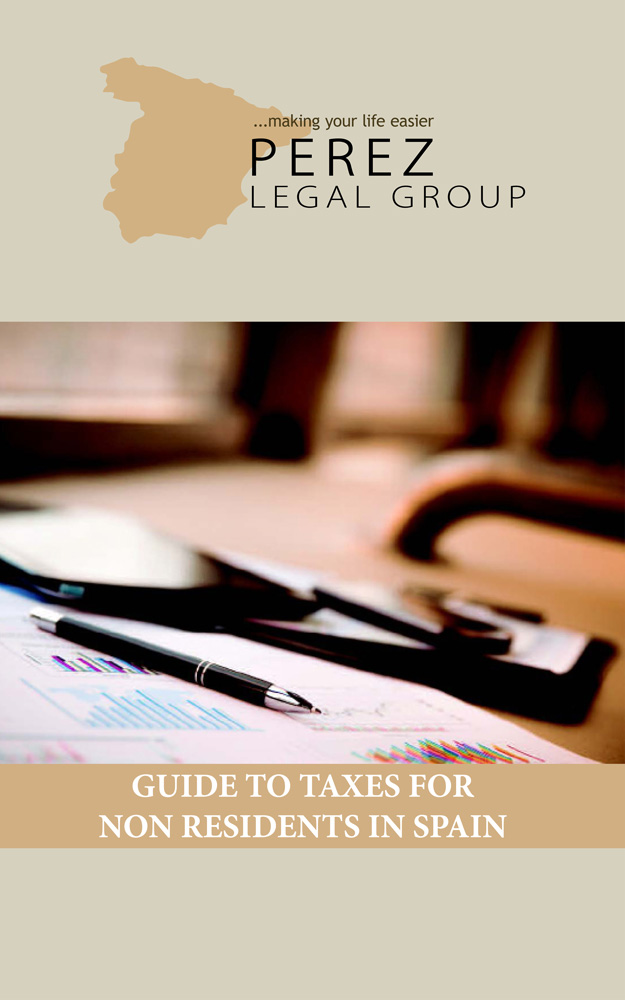
Download the FREE Guide to Taxes for Non-Residents in Spain, written by Raquel Perez, owner of Perez Legal.
Are you buying a property?

Then you need to know the process. Download the FREE Guideline Procedure for Purchasing a Property.
Confused with the legalities of buying a home?
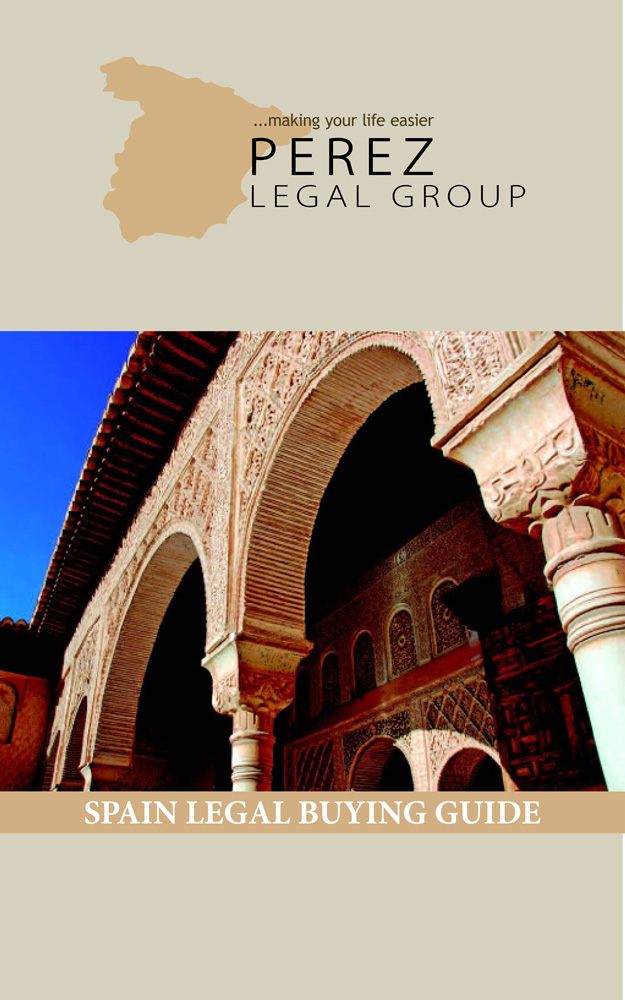
Download the FREE Spain Legal Buying Guide, written by Raquel Perez, owner of Perez Legal Group.
Selling your property?
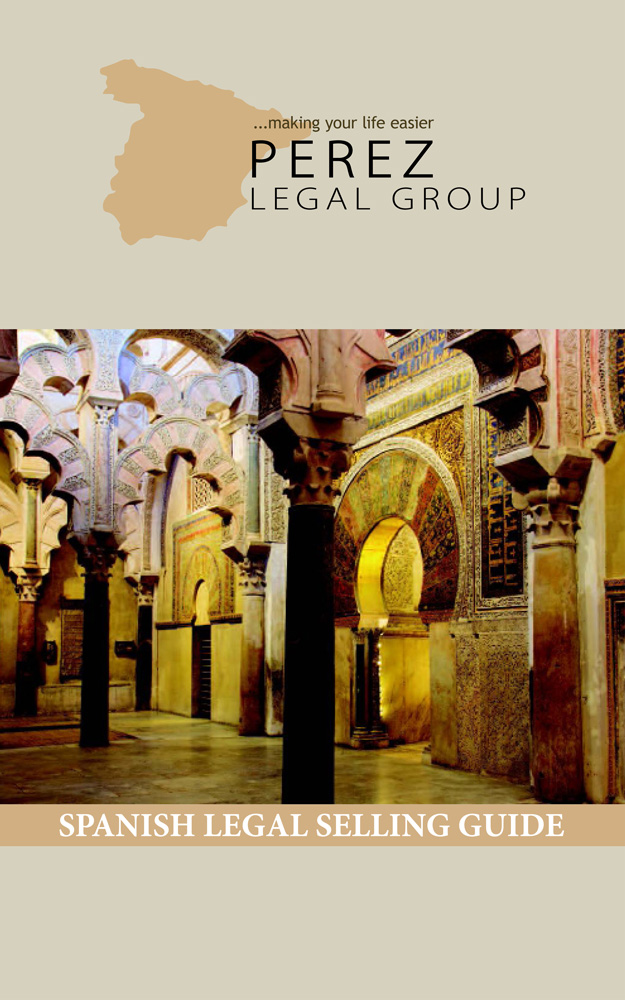
Get an overview of what is involved by downloading the FREE Guide to Selling Your Spanish Property Legally.
Do you need help planning for the future?
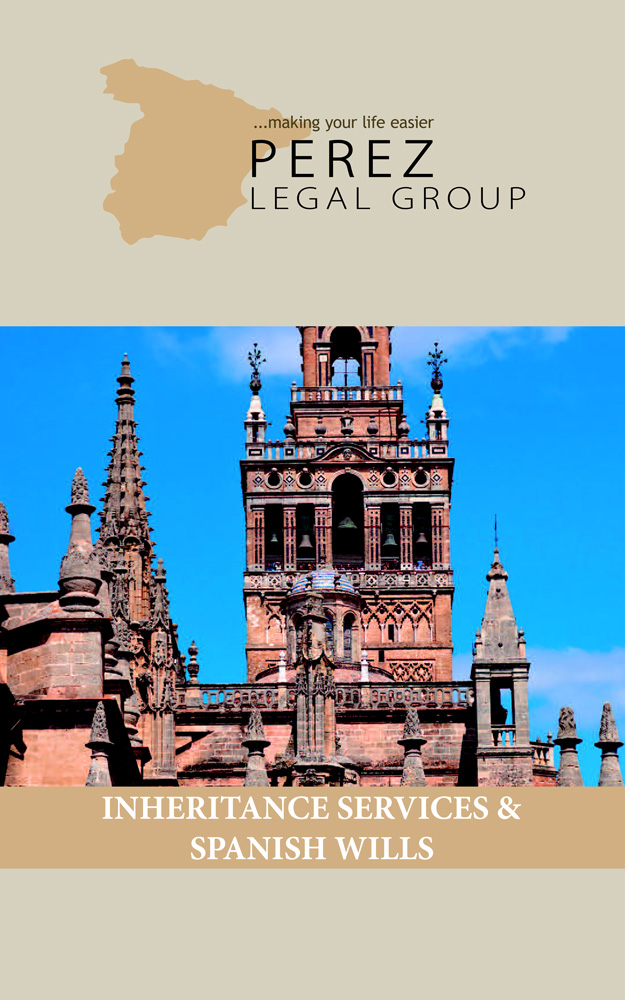
Find out more information on the inheritance system here in Spain by downloading the FREE Inheritance Services book.
Are you planning to run a company in Spain?
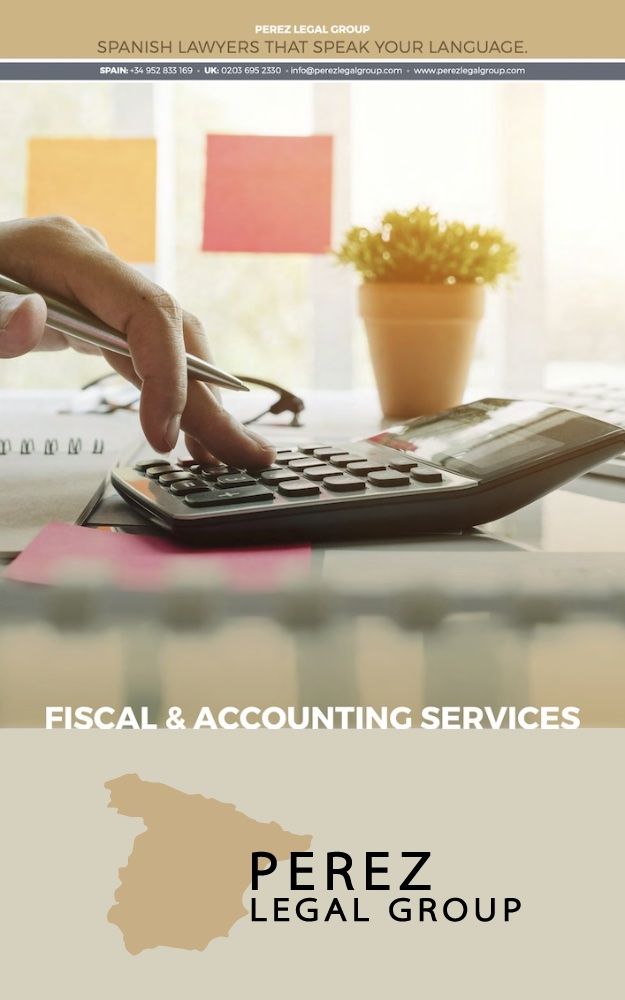
Download our Fiscal & Accounting Services Guide and Price List to find out all about running a company in Spain.
